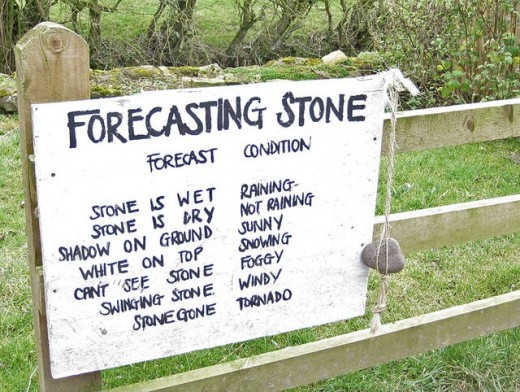How Business Forecasting Can Help Grow Your Organization?
What is Business Forecasting?
Business forecasting is a process that businesses use to predict or estimate future patterns basing on past or current data. It covers such areas as business resources, sales, product demand or prediction of the overall economy in which a business operates. The need for forecasting became more pronounced after the great depression of the 1930s. Before then, businesses simply went around doing business relying on guesses with no much statistical backing and this resulted into the great depression that rocked major world economies in the 1930s.
The effort by major business players and economies to correct the mistakes that led to the great depression necessitated a framework which businesses could use to accurately predict or estimate future trends and this is how the whole idea of forecasting became pronounced. Businesses started putting much more emphasis on the collection of statistics and analysing them with the aim of protecting themselves from another depression. Businesses also became so concerned about the future and numerous consultancy firms came up to provide forecasting help to both governments and businesses.
Since then, forecasting has become a major part of almost every business and has become one of the ways that businesses use to manage their financial and human resources. Forecasting has greatly evolved over the years with a variety of tools being developed just for this purpose. Computer software has also been developed to help automate and ease the process thus taking it away from the traditional tools like data mining and surveys.
Resource Forecasting


Why is business forecasting very important?
It is important for a number of reasons. First of all, it is one of the most effective ways for companies to manage their human resources. Using past records and statistics, businesses can be able to determine their human resource needs, which sector is lagging behind and which area needs more recruitment, the labour market trends, what type of workers they need, the location of workers among others.
It also helps businesses to allocate their financial resources in a better way. Using past statistics, businesses can be able to decide which area needs more investment, which sectors are likely to grow and therefore need tapping in to and the general market trend. Forecasting can also help businesses to budget and invest their financial resources wisely.
It also helps executives and analysts to make decisions as regards the direction that the firm should take. It is one of the tools that aid managers and executive in business intelligence and these normally use the results from these forecasts to make strategic business decisions like whether to increase production or cut down production, whether to set up more plants and branches or to phase out some of the existing ones, whether to enter a particular market or not, whether to diversify to more products and services or drop some of the existing products just to mention a few. All these decisions are normally arrived at after critically analysing forecast data.

What methods are used for Business Forecasting?
There are a variety of methods that businesses use to make forecasts. Some are computer based, running on computer applications while others are simply based on mathematical models. The advancement in technology has made forecasting easier than before with lots of companies developing software specifically designed to help businesses predict the future. However, forecasting methods generally fall into two categories namely Qualitative and Quantitative methods.
1. Qualitative methods - These are more suited for short term predictions or forecasts where the forecast scope is small. They are expert driven and depend on the general market conditions to predict the future trends. Qualitative methods are useful for predicting short term success of companies, their products and services. Models that fall under qualitative method include;
Market research and polling of a large group of people to determine how many are interested in the product and are willing to try it. Delphi method which involves asking for opinion from experts and using them to make predictions.
2. Quantitative methods - Quantitative models of forecasting do not put so much emphasis on the human aspect but rather concentrate on data collected to predict future business and resource needs of an organization. They are used for long term predictions that take months or years. Quantitative models include but are not limited to; The indicator approach which studies the relationship between certain economic indicators like the level of GDP, the interest rates, the levels of unemployment etc. Econometric modelling which is a more mathematical version of the indicator approach. Time series models which use of collection of various methods using past data to predict future events.
Which resource forecasting tools are available?
There are a variety of tools available for forecasting. Some use traditional methods like excel while computer software specifically designed for business forecasting is also now readily available. eResource Scheduler (eresourcescheduler.com) comes with inbuilt forecasting module which is very helpful in resource planning. Business forecasting is one of the best ways to keep your business abreast of developments in the market and every business must invest in it to improve its chances of success.







